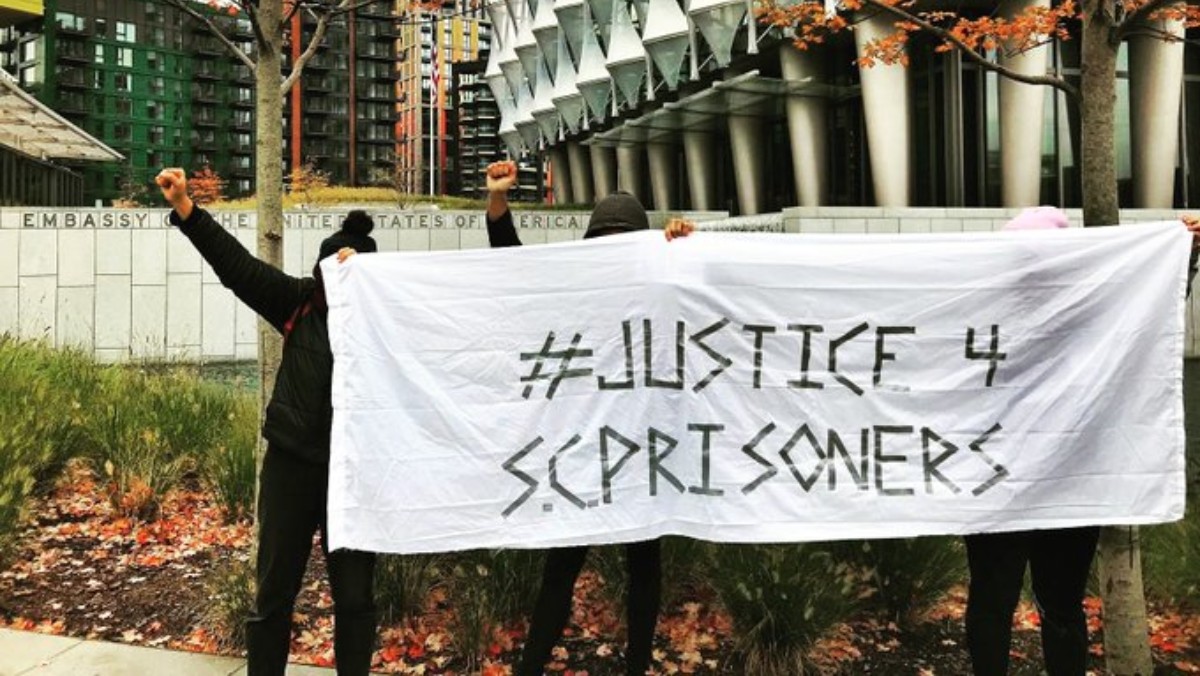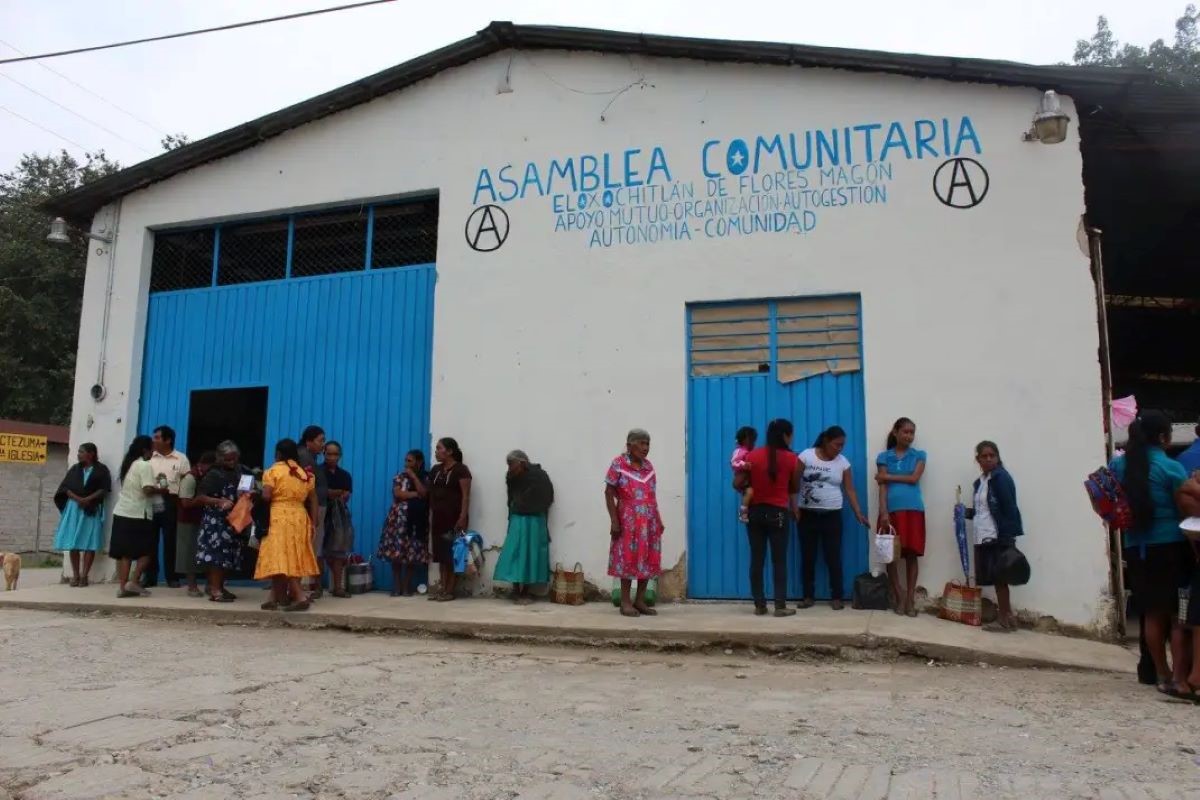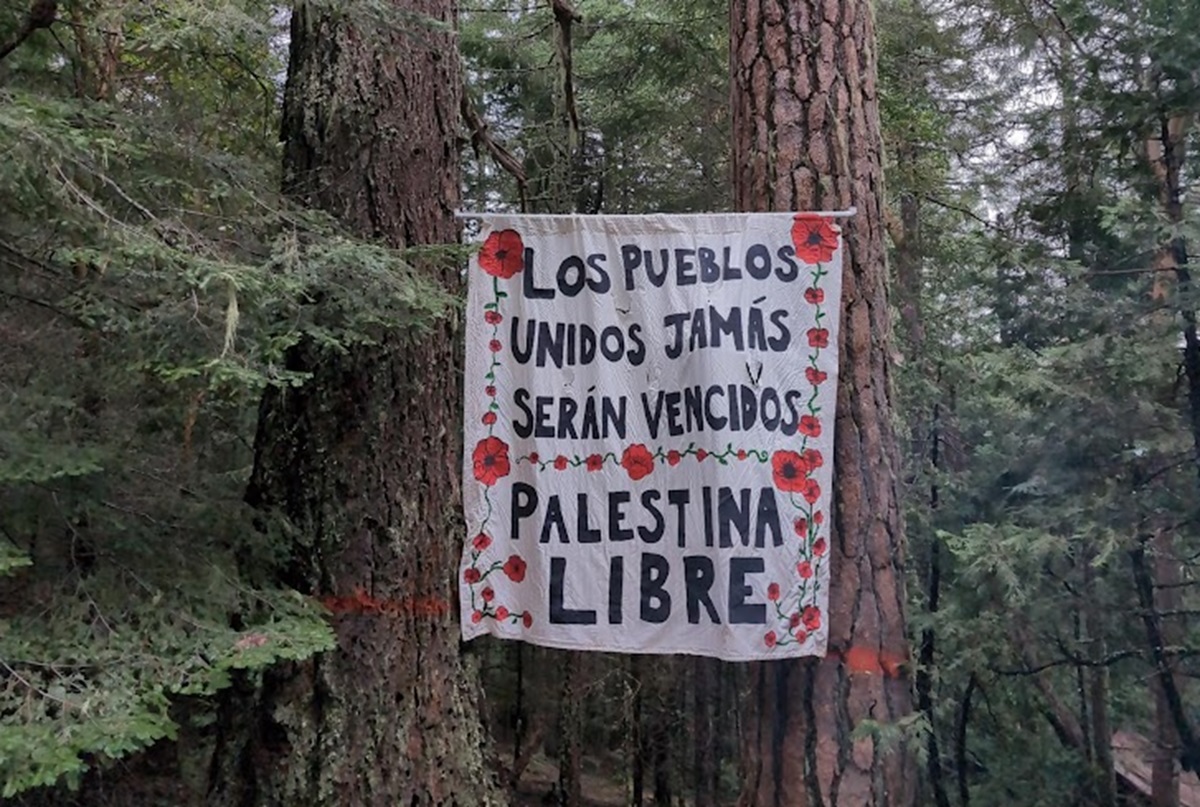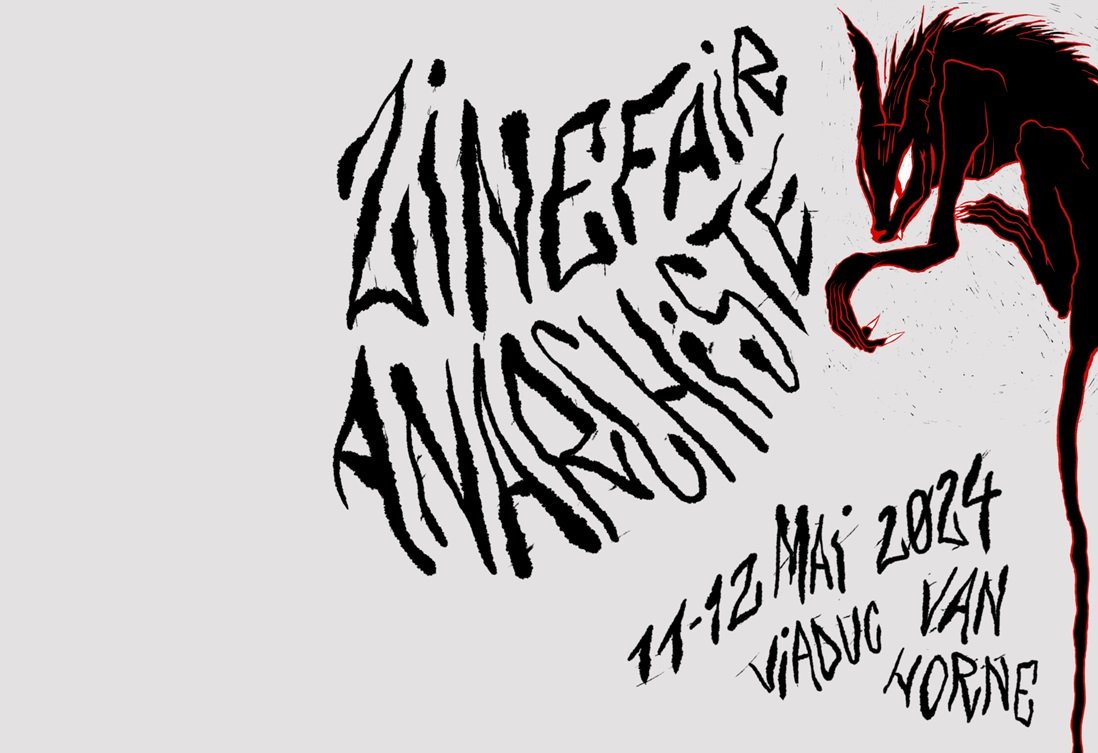Filed under: Action, Featured, Incarceration

Today in New York City, Washington, DC, London, and Kingston, prison abolitionists and members of DC Abolition Coalition, Incarcerated Workers Organizing Committee (IWOC), and Fight Toxic Prisons (FTP) demonstrated and delivered a statement written by prisoners in South Carolina demanding humanitarian intervention against ongoing human rights abuses and horrific conditions.
This morning our comrades w/ @lWOC_London & @CAPExpansion attempted to deliver the letter to the US Embassy. Armed guards turned them away but this didn't deter them from passing out flyers to folks in line waiting for visas. #SunlightIsAHumanRight #Justice4SCPrisoners pic.twitter.com/HHkNeMBaA4
— FightToxicPrisons (@FightXPrisons) October 23, 2019
Prisoners are pushing for the ten core demands of the national prison strike to be met and are also decrying the practice of South Carolina prisons using metal plates to block sunlight, leading to the hashtag #SunLightIsAHumanRight being used on social media.
https://t.co/mXsVrVcQNs#SunlightIsAHumanRight pic.twitter.com/YUKXK6KD1Y
— UngovernAVL #SunlightIsAHumanRight (@UngovernAVL) October 23, 2019
A phone zap campaign has also been organized. From Gainesville IWOC:
Prisoners in South Carolina are fighting for their lives! Leading up to and since the violent uprising at Lee Correctional last year, South Carolina Dept of Corrections (SCDC) has doubled down on its abuse and torture of prisoners by maintaining 24 hour lock-downs in 9×7 two-person cells and covering the outside of the cell windows with metal plates to PREVENT SUNLIGHT from entering. People have been living in these conditions since 2017, devoid of contact, movement or access to any sort of programming or activities.
Like all prison systems, SCDC does not invest in the rehabilitation of the people it incarcerates and instead has spent nearly $20 million over the past year to update door-locking systems, erect netting to block contraband tossed over fences, install cell-phone signal-blocking technology and pay overtime to boost undermanned correctional-officer shifts – all in the name of security, to make sure another picture or video of the horrors inside does not make it out…
TAKE ACTION:
-Call Bryan Sterling head of SCDC at 803-896-8555
-Spread the hashtag #SunlightIsAHumanRight all week to help this campaign be successful!
-Post comments here or send feedback/experiences with SCDC directly to [email protected]
Here's a helpful script to for calling the SC DOC! PHONE ZAP TIMEEEEE #Justice4SCPrisoners #SunlightIsAHumanRight pic.twitter.com/ixfeRBGIlV
— FightToxicPrisons (@FightXPrisons) October 23, 2019
On Wednesday October 23, human rights activists in New York City, Washington DC, London, U.K., and Kingston, Jamaica will deliver a request for humanitarian intervention to the United Nations drafted by US prisoners in South Carolina.
For years, prisoners and their families have been decrying the notoriously bad conditions within South Carolina prisons, as the US Department of Justice has demonstrated through reports and consent decrees with states in violation of basic human rights protections. However, this process has not produced notable improvements in prison conditions.
The UN has been many steps ahead of the United States in its recognition of human rights globally, and prisoner’s rights in particular. The UN recognizes that solitary confinement is torture after 15 days, even though long-term solitary confinement remains common in the US. A recent study has suggested that any period of time in “restrictive housing,” increases the likelihood of a former prisoner’s death following their release. These are common conditions throughout US prisons that have an impact on the brains of prisoners and impair their ability to survive.
After the deadliest day in US prisons in a quarter century at Lee Correctional Institution in South Carolina in 2018, prisoners led a call for a national prison strike against their repressive conditions. They issued ten demands, none of which have been met to date.
Beyond their national demands, there are certain conditions specific to South Carolina that are particularly repressive. The blocking of sunlight with metal plates, has been one of the key conditions that prisoners have decried in recent years. This practice combined with long lockdowns, the adding of meal slots in general population cell doors, denial of outdoor recreation, and limited access to showers, has produced solitary-like conditions across the whole of the general population at high security prisons in the state.
These practices deny the basic humanity of prisoners by the South Carolina Department of Corrections (SCDC). These are the conditions that produced the violence at Lee Correctional Institution in 2018. They are reflected in this NBC News report about South Carolina prisoner Allen “AJ” Capers, which shows Capers being dragged out on to the yard and left to die by two SCDC guards. SCDC have produced a record high suicide rate. They led to the drowning of Sinetra Geter-Johnson’s baby in her prison cell, as guards neglected to help. In 2014, a Judge found that SCDC routinely violates basic rights of prisoners to mental health care.
Prisoners have attempted to find support through the legislature, they’ve sought lawyers willing to sue over the conditions, and they’ve organized national protests. None of their calls have been heard. The conditions within South Carolina prisons continue to get progressively worse and hopelessness has set in, as reflected by the record numbers of deaths and suicides in recent years. In Alabama, another state that has had similarly horrendous conditions, even a DOJ report and major coverage in national newspapers have not improved the conditions for prisoners. There is no reliable process for redress for human rights violations within the US system.
When incarcerated people can no longer find a basis for hope they struggle to see a path forward. South Carolina’s prison system has reached a breaking point, and right now it is breaking the mind, bodies, and spirits of human beings. Today, these prisoners have reached out to the world to urge international humanitarian intervention by the UN, in an attempt to ease the harsh conditions in South Carolina prisons. They take this step because they see no other path of redress.
Follow #SunlightIsAHumanRight on social media for further updates and the IWOC website.





